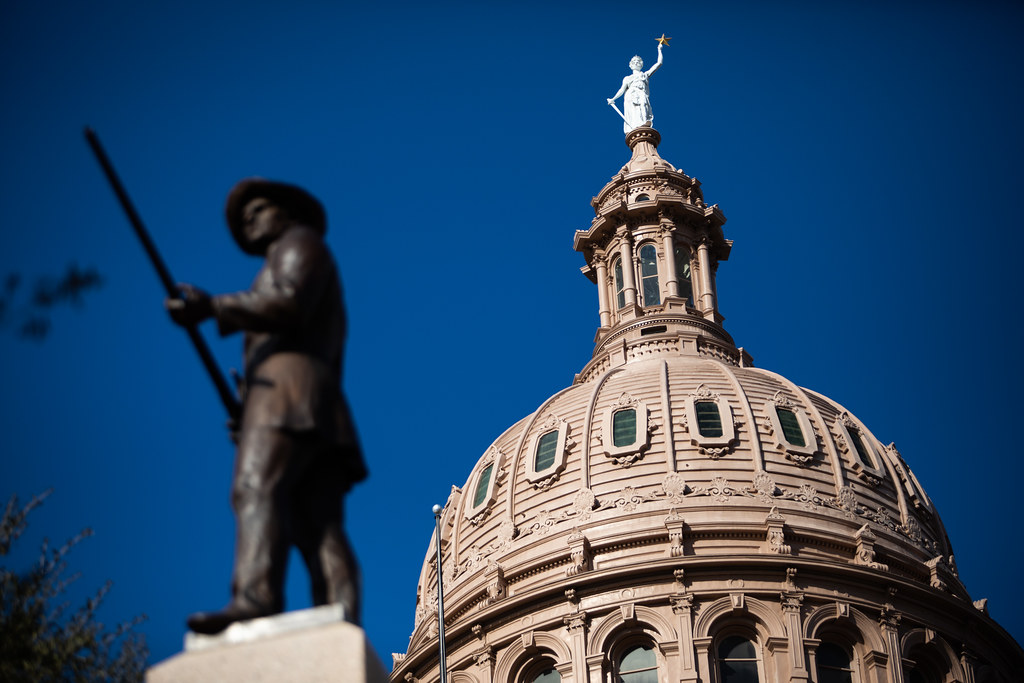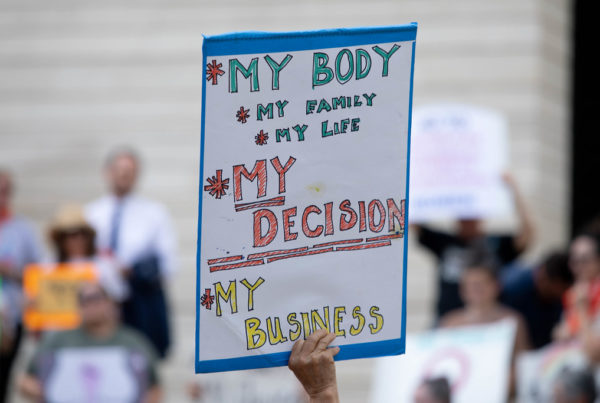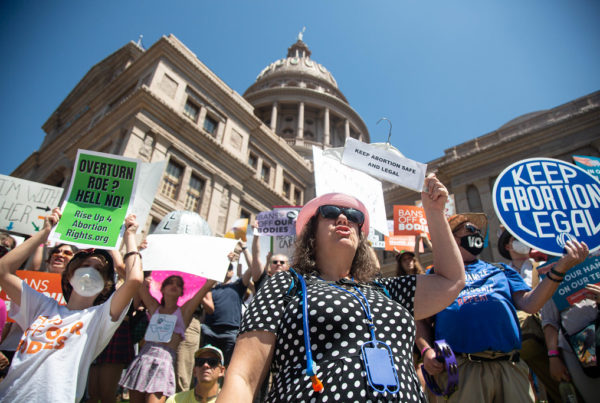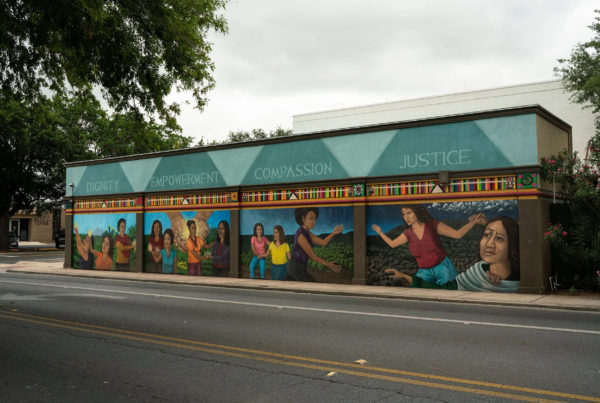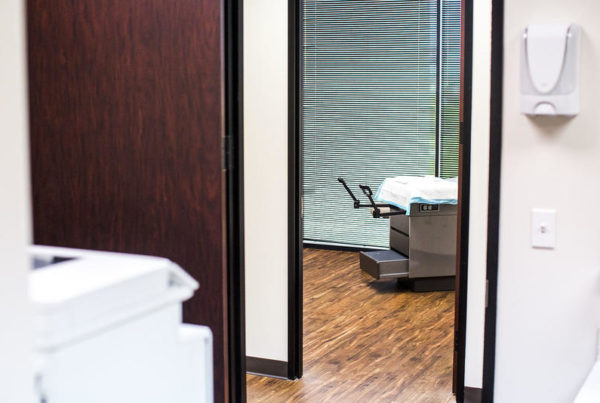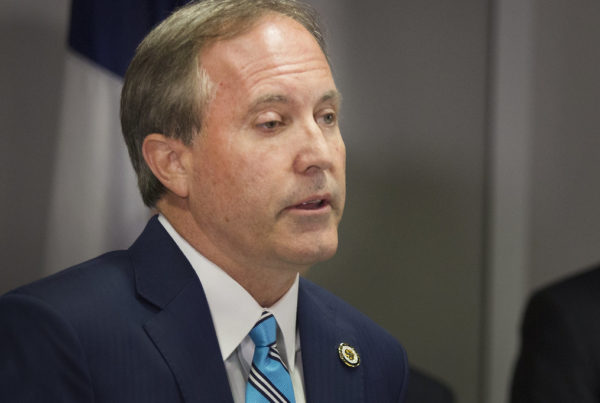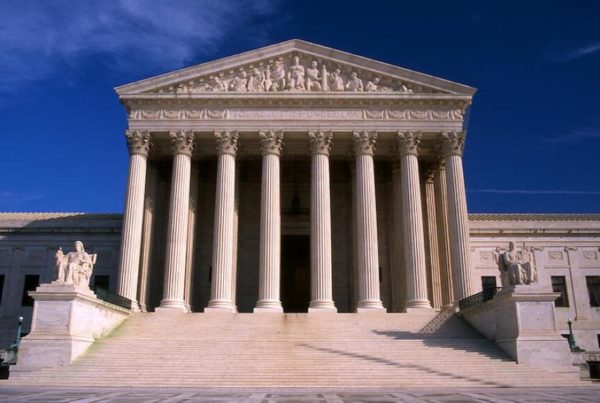On Thursday, with major input from Texas Republican John Cornyn, the U.S. Senate passed the first major gun safety legislation in nearly three decades, approving a bipartisan bill 65-33. The House followed suit Friday – exactly one month after the mass shooting in Uvalde – in a 234-193 vote, sending the bill to President Joe Biden.
The bill is less than many Democrats wanted, but more than most anyone would have expected given the years of inaction on the issue, and the Senate’s approval happened the same day that the U.S. Supreme Court issued a landmark ruling expanding gun rights nationwide by striking down a New York law that placed limits on carrying a gun outside of one’s home.
Amid the nationwide conversation on guns, what’s the status of calls closer to home for Texas lawmakers to take up gun safety reforms? Philip Jankowksi, a political reporter at the Dallas Morning News’ Austin bureau, joined the Texas Standard to share more about this week’s hearings at the state Capitol on law enforcement’s response to the Uvalde shooting. Listen to the interview above or read the transcript below.
This transcript has been edited lightly for clarity:
Texas Standard: Let’s talk a little bit about these marathon hearings taking place. What sort of discussions have been underway?
Philip Jankowski: The discussions have been very broad: Anything from firearm restrictions, which has been limited talk, up to the police response to social media to security at schools. It’s been a very, very wide-ranging amount of topics that they’ve been talking about at the Capitol this week.
Well, let’s focus for just a moment on the gun safety side of things. House lawmakers in their hearing Thursday heard from Jasmine Cazares, whose sister and cousin were killed in the Uvalde shooting. She was asking for strong gun reforms to be taken up by the state, saying ‘Background checks are needed to protect innocent communities like mine from being endangered by people who are unstable and signal that they are threats.’ Did she get much support from those in the committee chamber?
Those in the chamber really didn’t ask too many questions of Jasmine, who I’ll just mention is a teenager who is set to be a senior at Uvalde High School next year. And I will mention it’s sort of in contrast, right after she testified was a woman named Suzanna Hupp, which many might remember as really a major advocate that helped bring about concealed carry laws back in the 90s in Texas. But there was talk among Democrats at the hearing, at the least, talking about changing culture. But really, firearm restrictions still just seem to be completely off the table at any of these hearings.
Well, it’s very interesting, because if you take a look at the bipartisan legislation passed by Congress, it would enhance background checks for prospective gun buyers ages 18 to 21. It would require that juvenile records, including mental health records, be vetted for potentially disqualifying material. And it would provide incentives for states to pass red flag laws to allow guns to be taken away from people that a judge determines to be too dangerous to possess firearms. Is there any appetite, from what you can tell, for red flag laws in Texas?
No. Any restrictions still kind of remain a nonstarter at the Capitol. There was talk of red flag laws after the Santa Fe High School shooting, and nothing ever really came of it. And just yesterday, Lt. Gov. Dan Patrick, who has a large amount of power in controlling what legislation actually comes before the Texas Senate, said that he still doesn’t really see that as something that he’s willing to bring before the upper chamber of the Capitol. So right now, unless there’s some sort of a real sea change, I don’t see a vote even ever happening on that, at least in the Senate.
In these hearings, how much is gun safety a part of the conversation? You mentioned that this has been wide-ranging, but given that there’s been so much attention turned to the tick-tock of what happened on that day, the law enforcement response, how much of that is sort of blotting out further discussion on issues of guns?
Yeah, firearm restrictions really and surprisingly are not being talked about as much as almost anyone would kind of expect. A lot more time has been spent on talking about increasing security at schools, how the Legislature might decide to fund things like mental health for students. Pretty much, you know, there’s hours and hours of testimony that’s been coming about about all sorts of very minutiae related to command structures within police departments, active shooter scenes. But when it comes to firearm restrictions, it’s been very limited.


